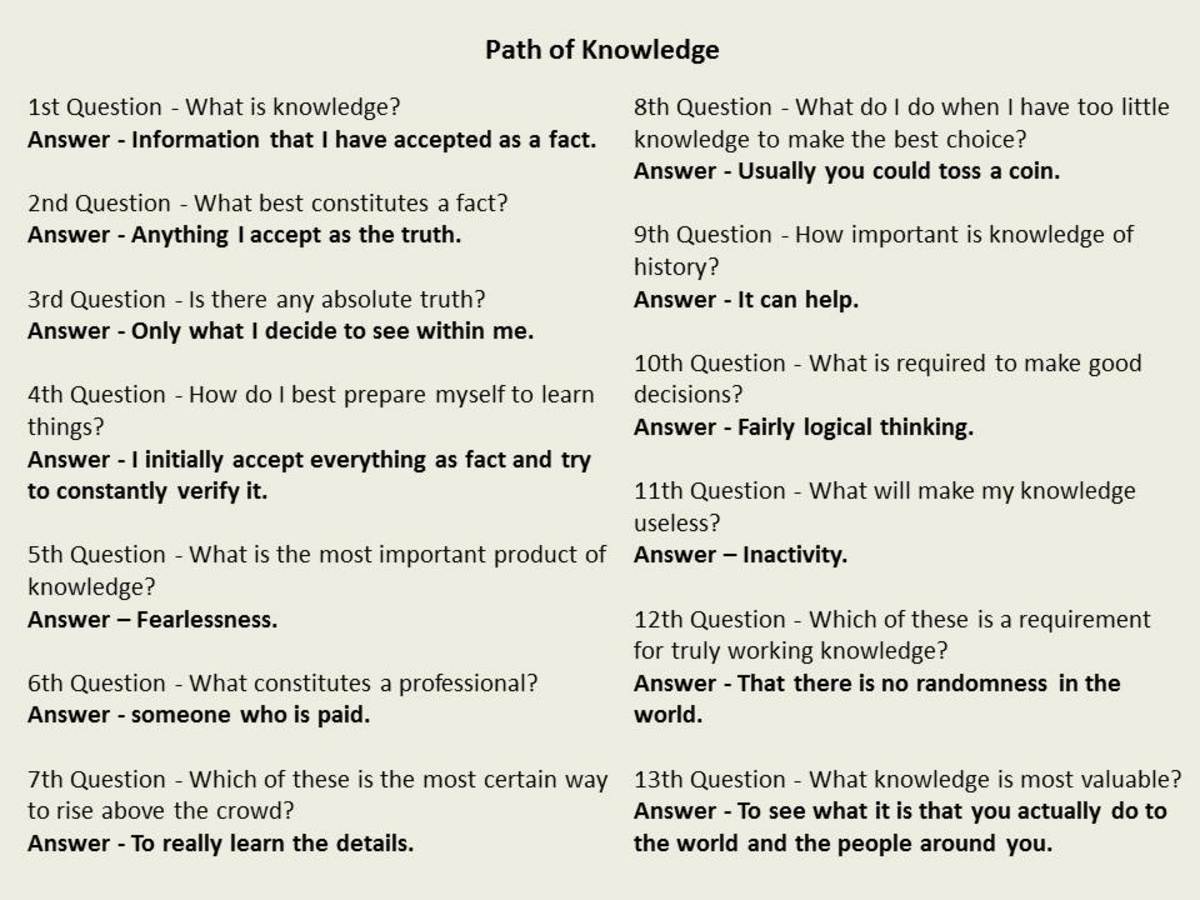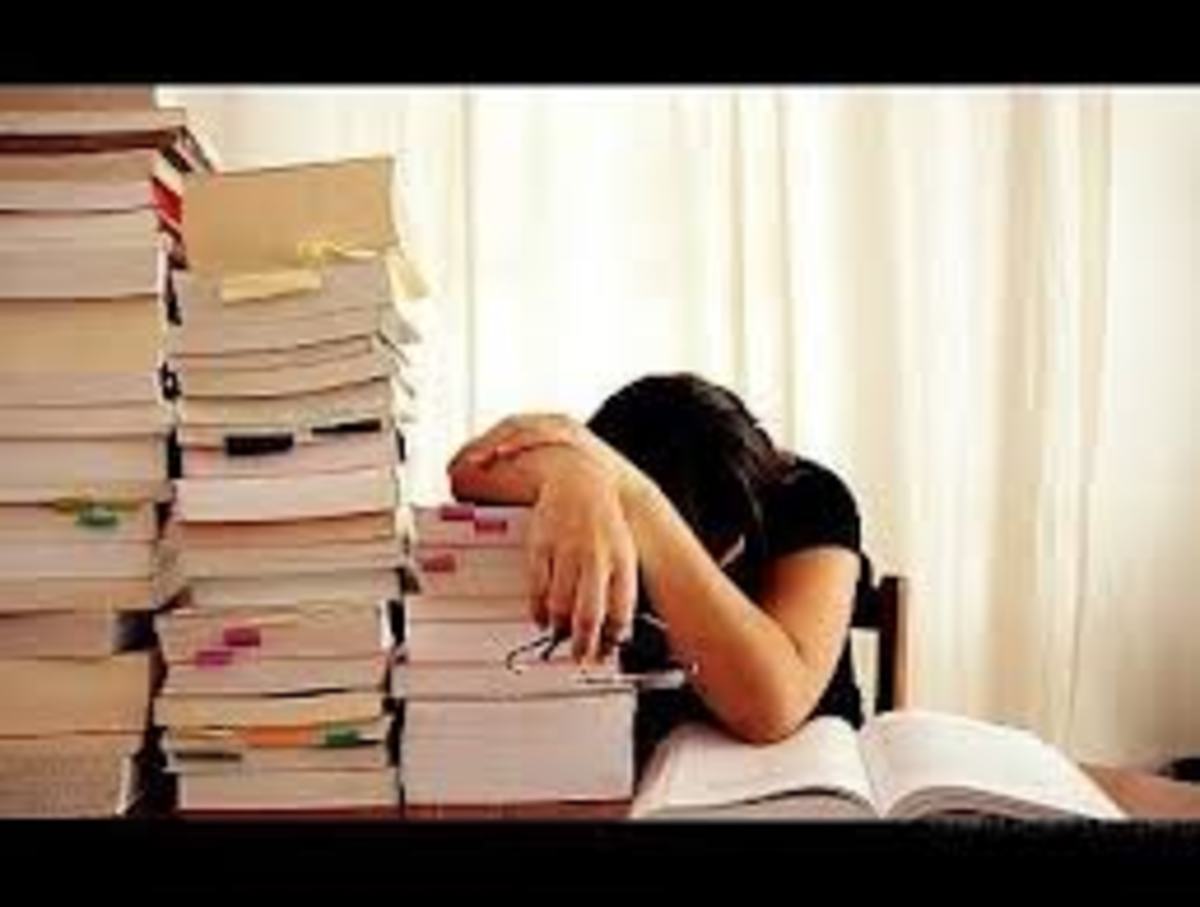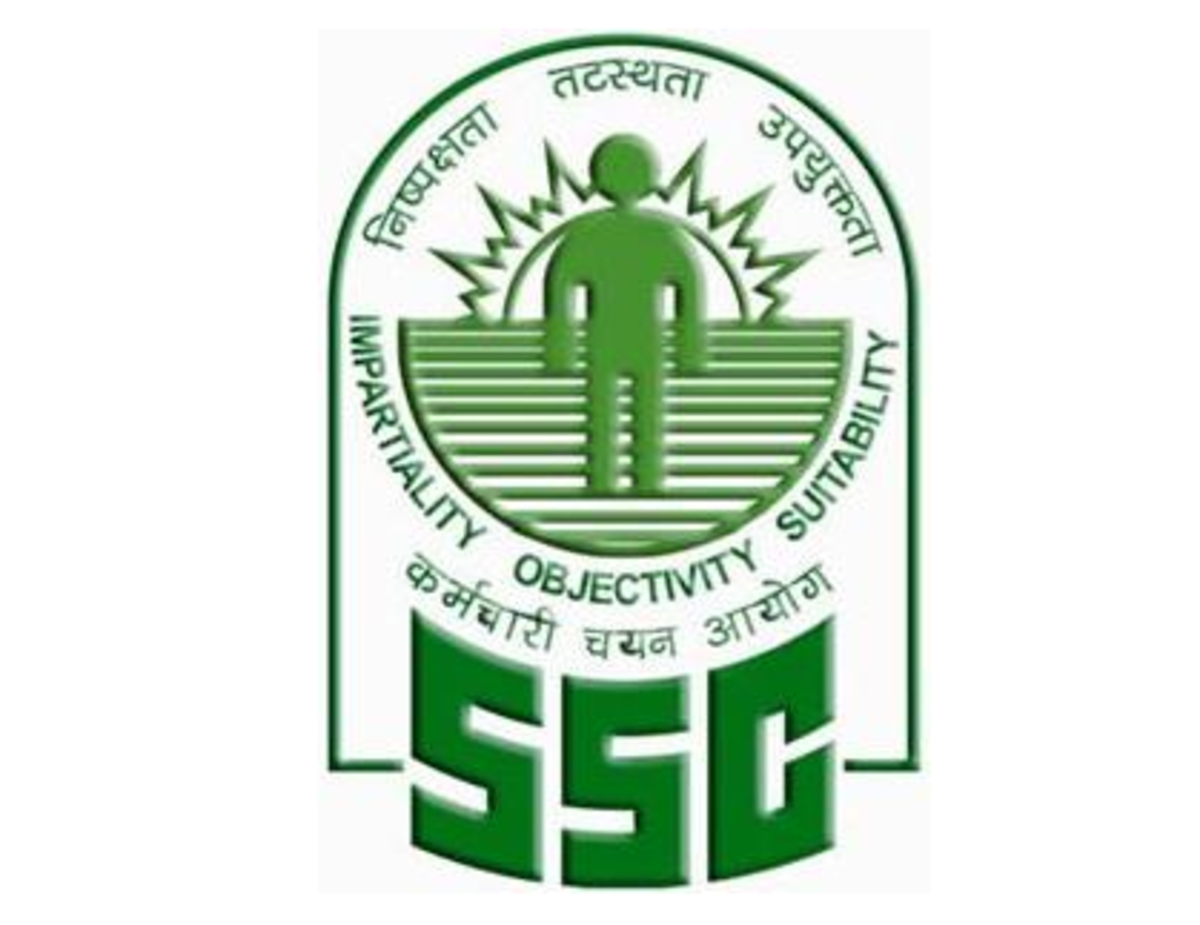7 Tips to Score A for Exams
Way before exams
It is almost impossible to score A or do well in exams unless you are prepared. Different people have different studying styles. However, there are some methods to do well which I personally have used to perform well at school. Do not be like Mr Bean and come unprepared and start panicking!
1. Pay Attention in Class
In class, pay close attention to your lecturers or tutors. At times, if a certain topic is really important, they will most likely repeat it to ensure that all students understand it entirely. Hence, this will alert you to the high possibility that this topic will be asked during the examination.
Besides that, by paying attention, you will be able to understand better when you are going through the notes or reading your textbook later.
2. Ask Questions
In class, do not be afraid to ask questions if you do not understand. If the environment does not allow for questions to be asked during the lesson, stay back and approach your lecturer/tutor after class. It is better to ask directly after the class then to wait till the number of questions accumulate before asking.
3. Write your own Notes
By writing your own notes as your lecturer teaches, this helps you to stay awake in class. Next, some people also learn better by writing rather than listening.Moreover, by writing your own notes, this ensures that when you revise later, you will be able to understand the topic better as your notes should help you follow the topic.
4. Attempt tutorial questions
Usually, lecturers will provide tutorial questions which you can attempt. Some students do not try the questions but just wait for the classes in order to obtain the answers. However, it is always better to attempt them on your own first. This allows you to check whether you have fully understood the week's lesson and whether there is any particular part which you have difficulty understanding. Do not wait till just before exams to attempt the questions.
Closer to the exams
5. Attempt past year exam questions
As you get closer to the exam itself, you should be quite familiar with the material which you have studied for the whole semester. To ensure that you are really prepared, attempt past year exam questions. If answers are available, you can check your answers and learn from your mistakes. This will prevent you from making the same mistake during the actual exam.
If no answers are available, get a group of friends to attempt the paper together. Then, you can discuss the answers together and learn from each other. Besides that, if your lecturer/tutor is fine with the idea of going through your answers, do prepare your answers and show it to them for their comments. They will be able to guide and show you the best way of answering during the examinations.
6. Get to the exam hall early
Ensure that you know what you can bring and cannot bring into the exam hall. Check that your calculator has enough battery life, and that you have the stationery that you need.
7. Whatever is done is done
Once you have completed a paper, it is fine if you wish to analyse how well you have done. However, do not let it distract you from studying and preparing for the next few papers. Instead of wasting time thinking about something that cannot be changed, do your best for the other papers!
After Exams
Once you have completed your exams, some may feel relieved, some may feel fearful, some may feel that they could have done better.
If you are those who feel the latter, then do use the tips above to do better in future. If you are unable to completely follow the tips on your own, get a close friend whom you can be accountable to. Then, both of you can continue to excel in your examinations.
As a student, there are also many other important skills to pick up such as career planning and presentation skills.
How do you prepare for your exams?
Other relevant links
- 4 Tips on How to Choose a Career
For those who are clueless on what to do upon graduating, first, you should conduct research to find out about the many industries which exist. Research can be done on the Internet through search engines... - Why study accounting?
1. Professional Qualification Accounting is a professional qualification which will allow you to work as an accountant once you graduate. Besides being an accountant, the qualification is also useful if you... - Why study Economics?
1. Gain Analytical Skills By studying Economics, you will gain analytical skills. As you move on towards more advanced courses, you will be forced to consider why a certain economic event is happening? What...








